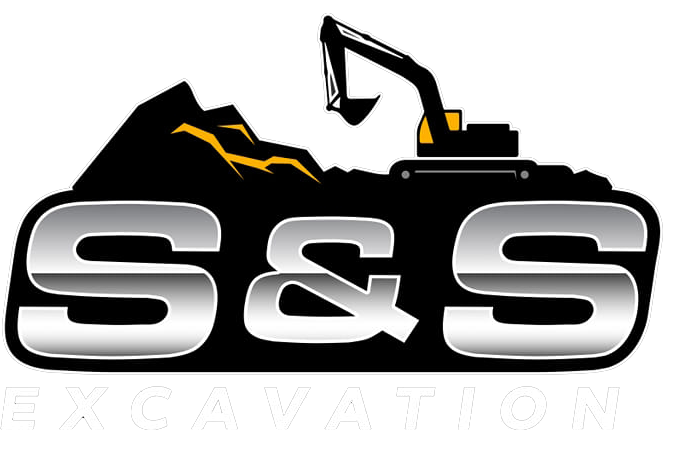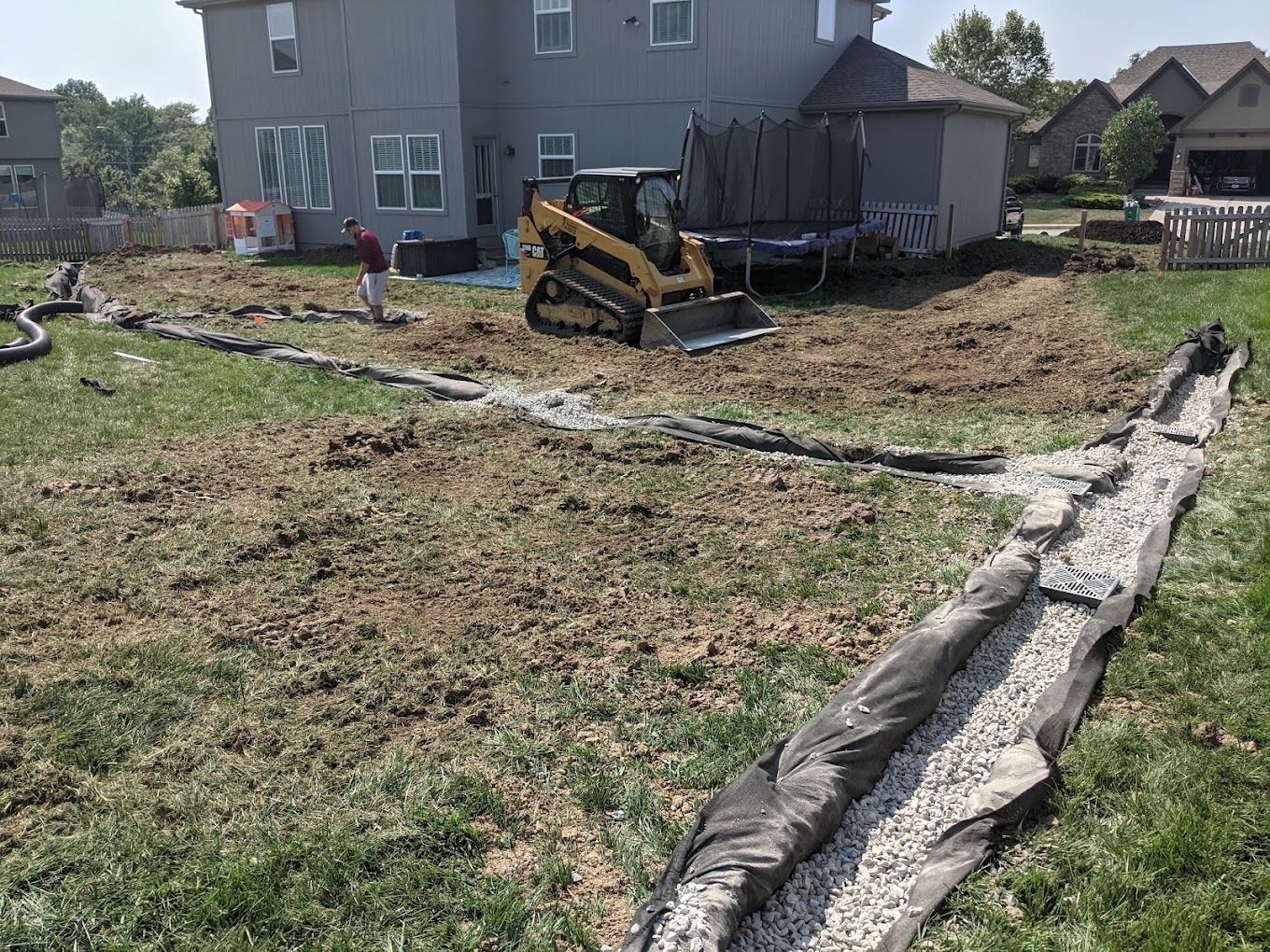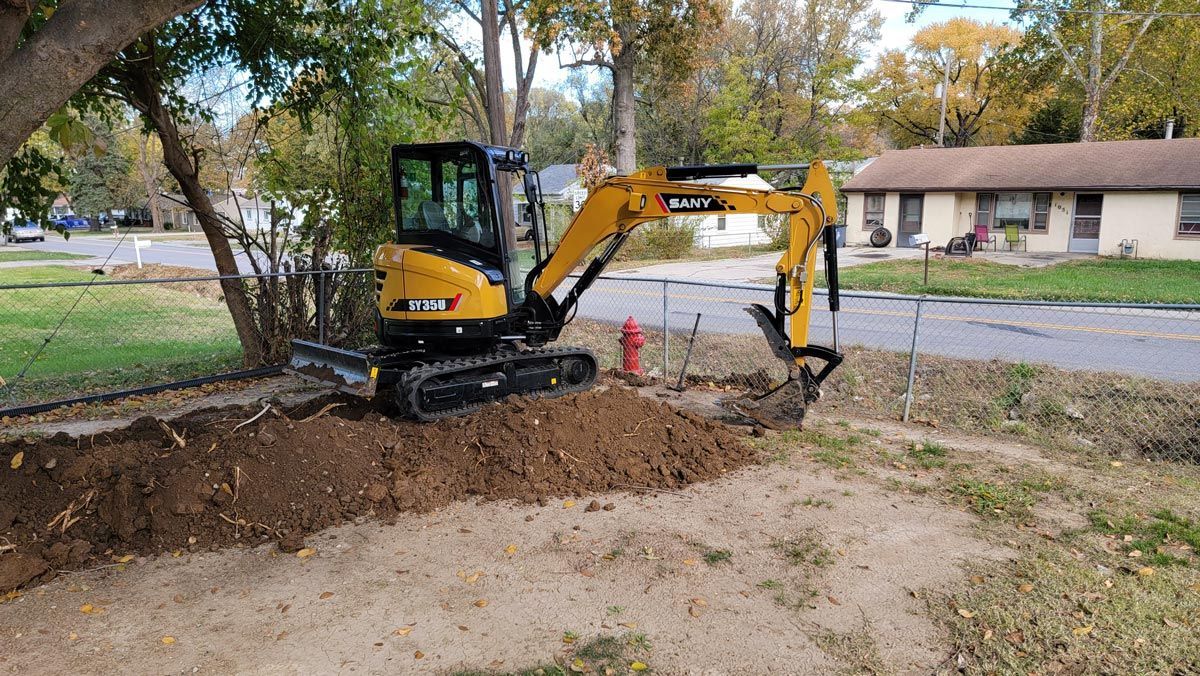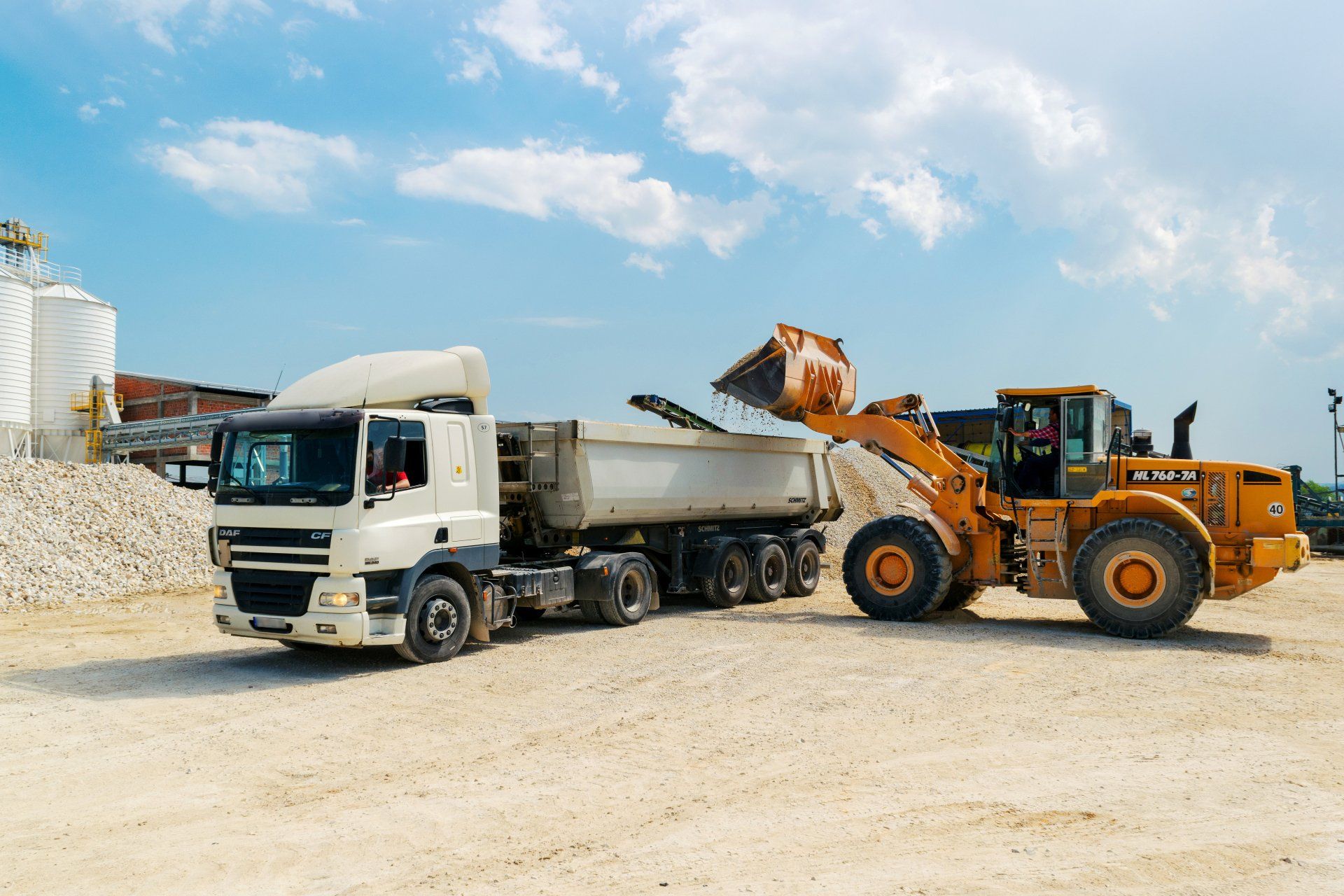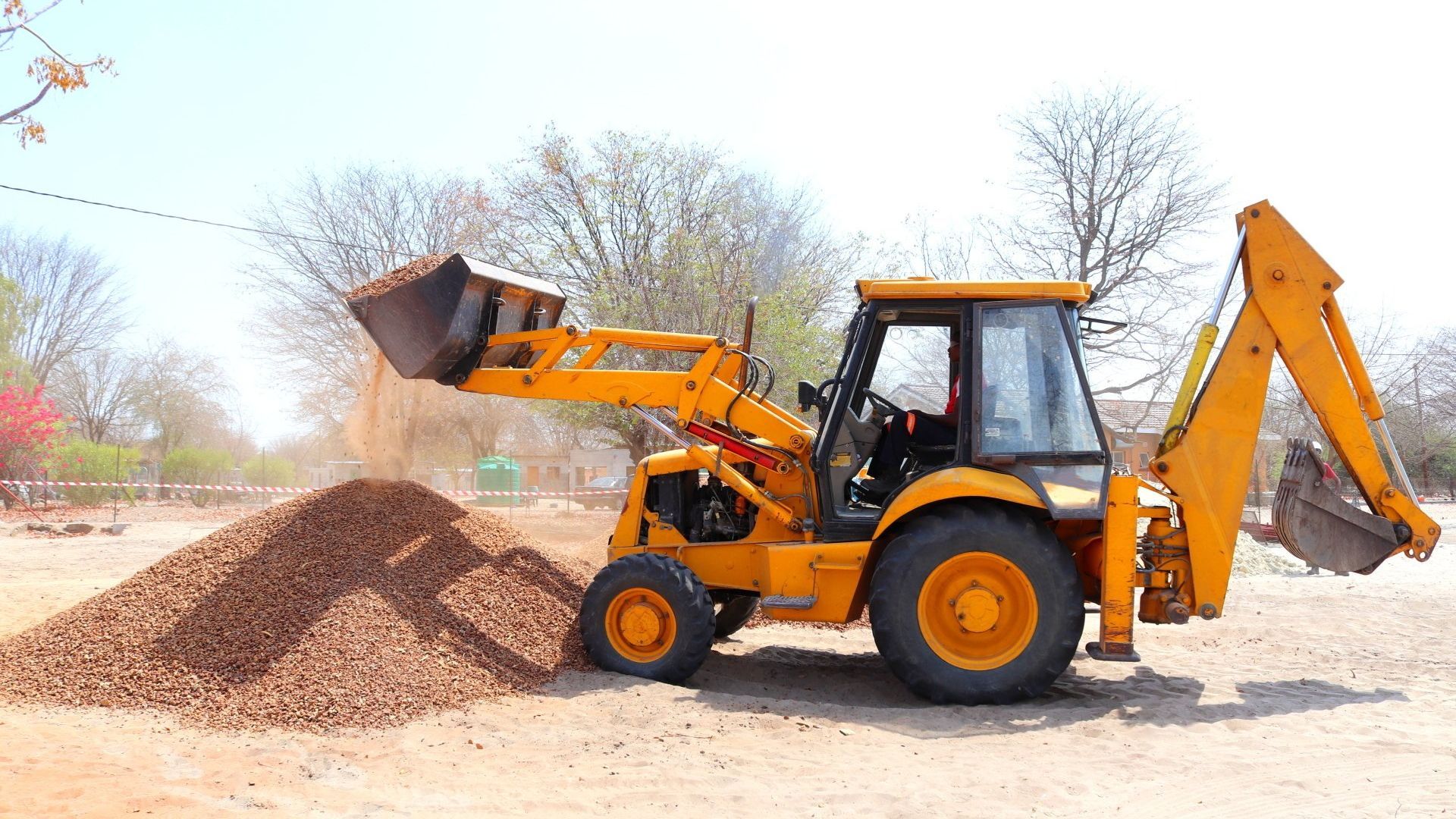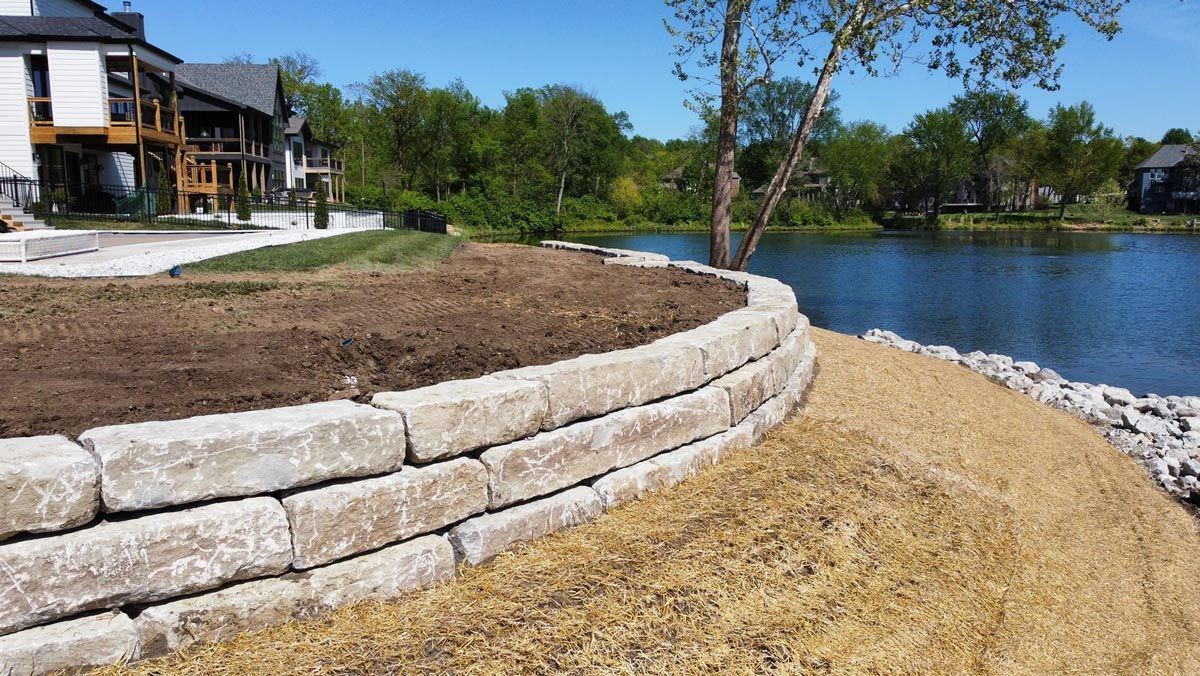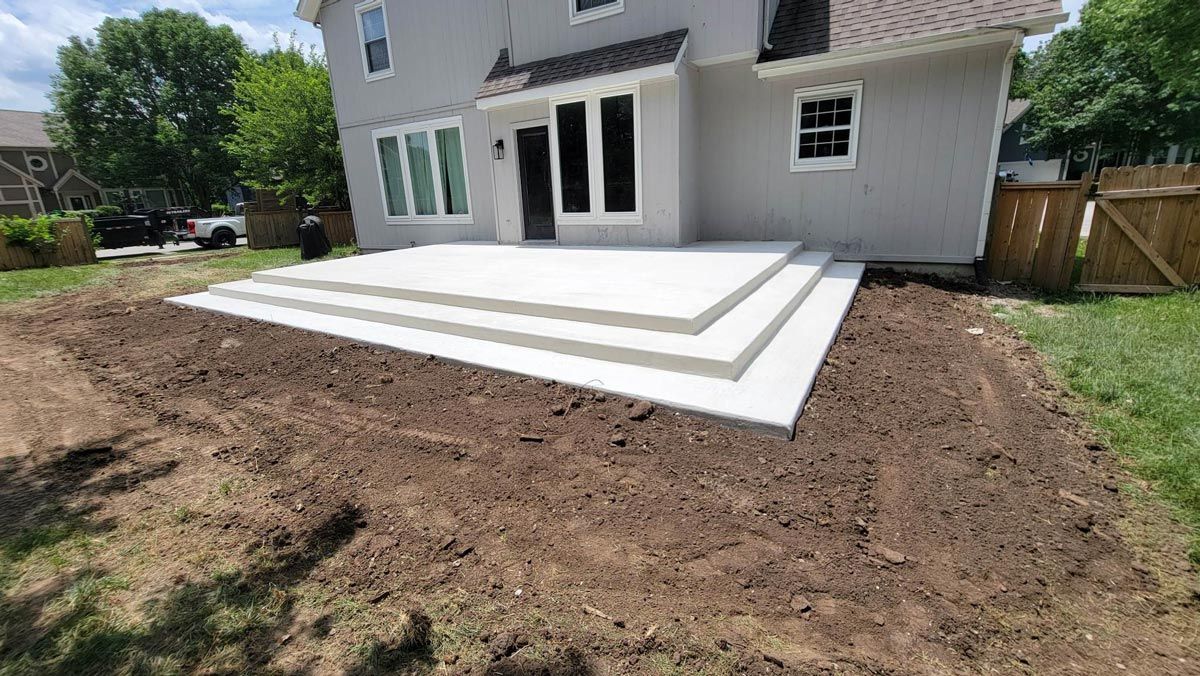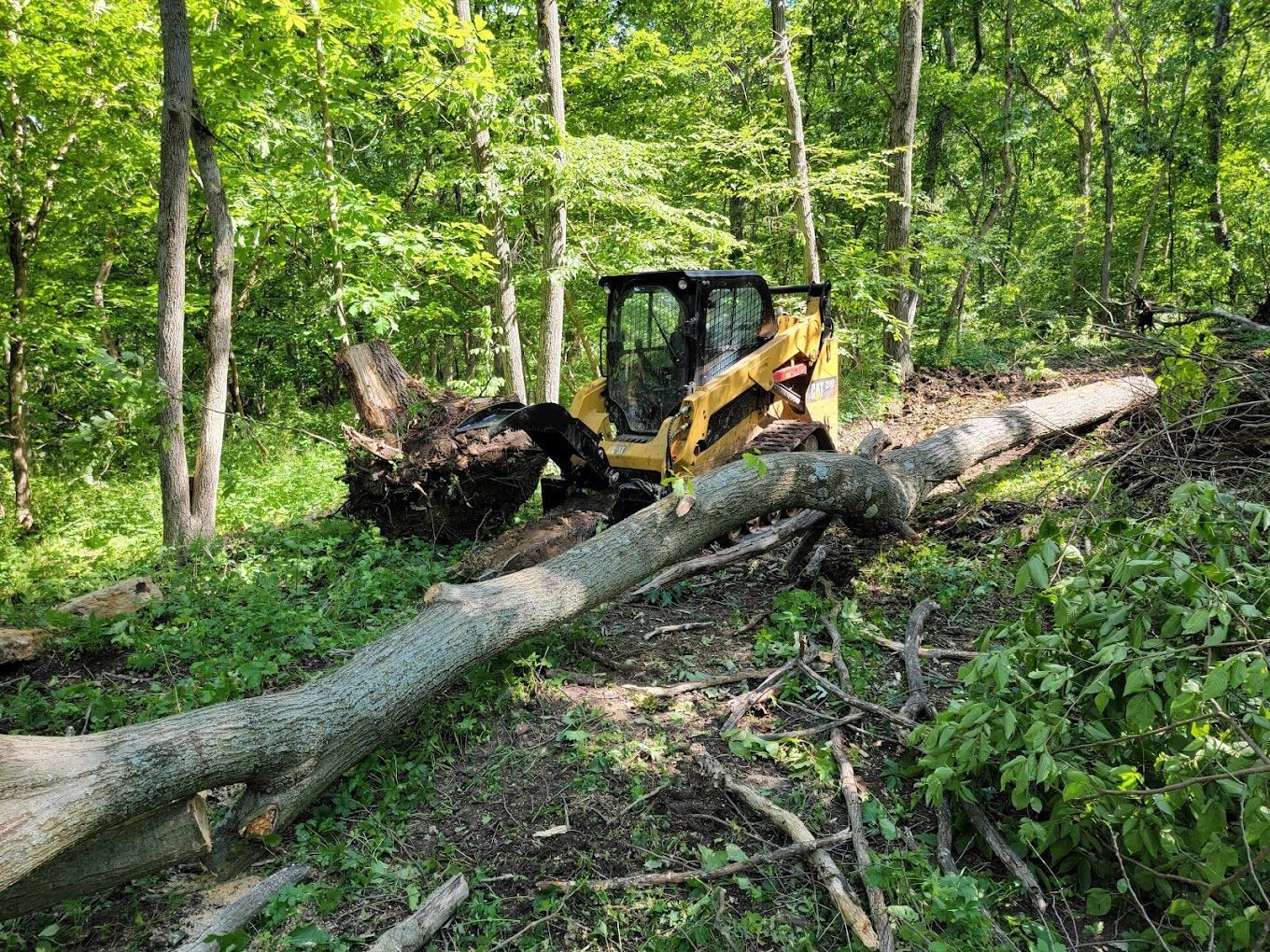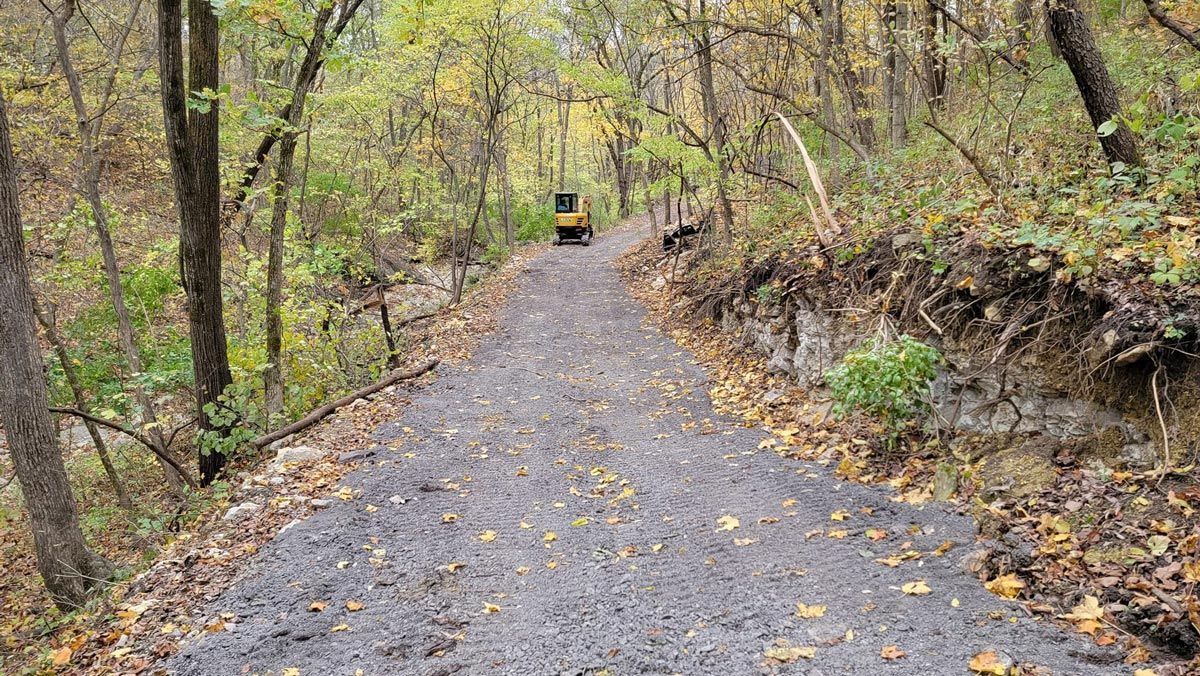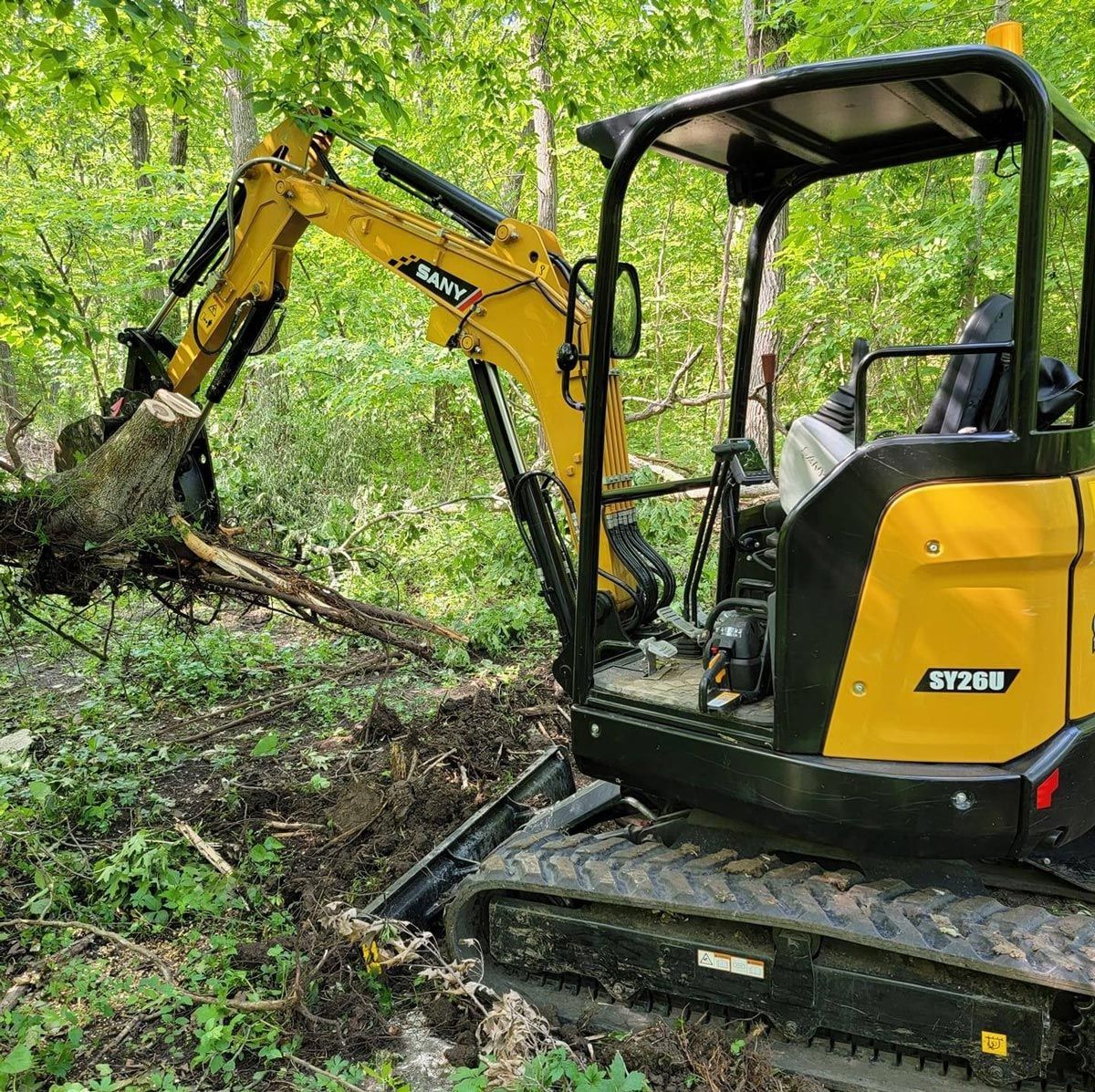How Much Does a Gravel Driveway Cost in 2025?
Gravel driveways have long been a favorite choice for homeowners across the United States, and their popularity shows no signs of slowing down in 2025. Known for their affordability, versatility, and ease of maintenance, gravel driveways can suit a variety of home styles from rural farmhouses to modern suburban properties. Unlike asphalt or concrete, gravel provides a permeable surface that allows rainwater to drain naturally, reducing puddles and potential erosion issues.
In this guide, we’ll break down the average cost of a gravel driveway in 2025, key factors that affect pricing, installation steps, maintenance requirements, and expert tips to save money, all designed to help you make an informed decision and plan your project with confidence.
Average Gravel Driveway Costs in 2025
The cost of installing a gravel driveway can vary depending on multiple factors, such as size, type of gravel, labor rates, and local market trends. On average, homeowners in the United States can expect to pay between $1,500 and $5,000 for a standard gravel driveway, including materials and installation.
Here’s a general breakdown:
| Driveway Size | Cost Range | Notes |
|---|---|---|
| Small (1 car, 200 sq. ft.) | $500 – $1,500 | DIY installation possible, low material cost |
| Medium (2 car, 500 sq. ft.) | $1,500 – $3,500 | Professional installation recommended |
| Large (3+ car, 1,000 sq. ft.) | $3,000 – $5,000+ | Includes grading, proper drainage, and multiple layers of gravel |
Note: These costs are averages for 2025 and may vary based on your location and local labor rates.
Factors Affecting Gravel Driveway Costs
1. Type of Gravel
Gravel comes in different sizes, colors, and grades, which significantly impact the overall cost:
- Pea Gravel: $30 – $50 per ton. Smooth and rounded stones, ideal for walking areas.
- Crushed Stone (1/2 inch – 1 inch): $35 – $75 per ton. Durable and good for vehicles.
- River Rock: $60 – $120 per ton. Decorative, expensive, and requires more maintenance.
- Decomposed Granite: $40 – $80 per ton. Smooth finish, easy to compact, and visually appealing.
2. Driveway Size and Thickness
The size of your driveway is one of the biggest cost determinants. The standard recommendation for a gravel driveway is a 4-6 inch thick layer of gravel for cars and light trucks. If you need a thicker base for heavy trucks or equipment, expect the cost to rise.
3. Site Preparation and Excavation
Gravel driveways require proper grading, drainage, and base preparation. If your site has poor soil, steep slopes, or requires tree removal, these factors will increase labor costs. On average, site preparation can cost $500 – $2,000 depending on complexity.
4. Labor Costs
Labor costs vary by region. Urban areas generally have higher rates, while rural areas are slightly lower. Professional installation typically costs $50 – $100 per hour, and a standard 2-car driveway takes 2–4 days to complete.
5. Drainage and Edging
Proper drainage is essential to prevent erosion and potholes. Adding landscape fabric, French drains, or concrete/stone edging will increase installation costs but greatly enhance longevity.
Gravel Driveway Installation: Step by Step Guide
Understanding the installation process can help you budget effectively:
- Planning & Layout: Determine size, shape, and any curves. Mark the area with stakes and strings.
- Excavation: Remove grass, roots, and topsoil. Excavation depth usually ranges from 6 to 12 inches.
- Base Layer: Add a layer of crushed stone or recycled gravel to provide a stable foundation. Compact using a roller or plate compactor.
- Optional Geotextile Fabric: Install landscape fabric to prevent weed growth and mixing with soil.
- Top Layer: Spread the final layer of gravel (pea gravel, crushed stone, etc.) evenly. Rake and compact.
- Edging: Install borders to keep gravel contained and reduce maintenance.
Gravel Driveway Maintenance Costs
Gravel driveways are generally low-maintenance, but they still require periodic attention:
- Regrading: Gravel can shift and create uneven spots. Regrading costs around $0.50 – $2 per sq. ft. depending on driveway size.
- Adding Gravel: Over time, you’ll need to replenish the top layer, which costs $50 – $75 per ton.
- Weed Control: Installing landscape fabric helps, but occasional herbicide treatments may be needed.
- Snow Removal: Gravel driveways require careful plowing to avoid removing the stones.
Annual maintenance costs typically range from $100 to $500, depending on size and usage.
Pros and Cons of Gravel Driveways
Before installing a gravel driveway, it’s helpful to weigh the key advantages and disadvantages to see if it’s the right fit for your home and budget.
Pros:
- Affordability: Costs significantly less than asphalt or concrete driveways.
- Quick Installation: Can be installed within a few days.
- Customizable: Available in various colors and styles.
- Permeable Surface: Reduces water runoff and prevents puddles.
Cons:
- Maintenance Required: Gravel shifts over time and needs replenishment.
- Dust and Dirt: Can create dust during dry weather.
- Snow Removal: Requires careful plowing to avoid displacement.
- Limited Load Capacity: Heavy trucks may require thicker bases.
Cost Comparison: Gravel vs. Other Driveway Materials
| Material | Average Cost (per sq. ft.) | Lifespan | Maintenance |
|---|---|---|---|
| Gravel | $1 – $3 | 10–20 years | Low – moderate |
| Asphalt | $3 – $6 | 20–30 years | Moderate |
| Concrete | $5 – $10 | 30–40 years | Low – moderate |
| Pavers | $10 – $25 | 25–50 years | Low – high |
Gravel is the most cost-effective option upfront, though concrete and pavers offer lower maintenance over the long term.
Cost-Saving Tips for 2025 Gravel Driveways
- DIY Installation: For small driveways, DIY can save 50–70% of labor costs.
- Buy in Bulk: Purchasing gravel in bulk can lower material costs.
- Recycled Materials: Use crushed concrete or recycled asphalt as a base layer to save money.
- Regular Maintenance: Proper upkeep reduces the need for frequent gravel replacement.
- Local Suppliers: Compare local quarries or suppliers for the best pricing.
Final Thoughts
Gravel driveways remain a top choice for homeowners seeking cost-effective and attractive driveway solutions in 2025. By understanding material options, installation costs, and maintenance requirements, you can make an informed decision that suits your budget and style.
Whether you choose a small, DIY gravel path or a large professionally installed driveway, following proper installation guidelines ensures durability, curb appeal, and long-term savings.
Frequently Asked Questions
How much does a 1,000 sq. ft. gravel driveway cost?
A 1,000 sq. ft. gravel driveway typically costs between $3,000 and $5,000, including materials and professional installation. DIY installation can reduce costs to around $1,500 – $3,000.
What is the average price of a gravel driveway?
On average, gravel driveways cost $1 to $3 per sq. ft., which translates to $1,500 – $5,000 for a standard 500–1,000 sq. ft. driveway.
Do I need a permit to install a gravel driveway?
Permit requirements vary by location. Many areas do not require a permit for a basic gravel driveway, but some municipalities may require approval if you are altering drainage or connecting to public roads.
Does a gravel driveway increase property value?
A well-installed gravel driveway can increase curb appeal and property value, especially if it enhances the home’s appearance and provides functional, low-maintenance parking.
What is the best size gravel for a driveway?
The best gravel for driveways usually consists of 1/2-inch to 1-inch crushed stone for the top layer, with a base layer of larger gravel (1–2 inches) for stability.
Read More
